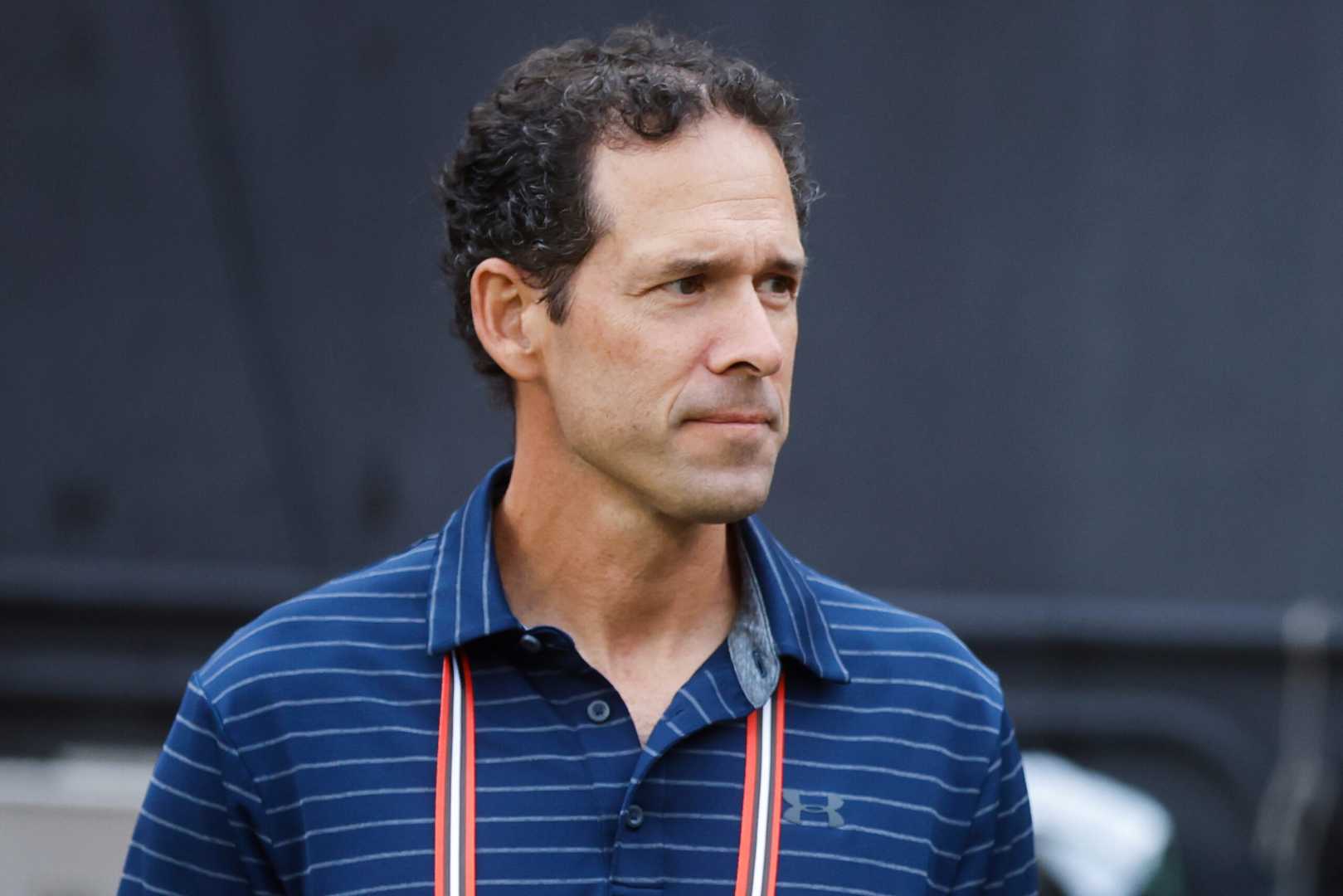Sports
Paul DePodesta Returns to MLB Amid Major Changes in Baseball

LAS VEGAS — Paul DePodesta, the new president of baseball operations for the Colorado Rockies, returns to Major League Baseball after a decade away. When he left the New York Mets’ front office in 2015, the baseball landscape looked very different than it does today.
As he re-enters the arena, DePodesta will find a sport transformed by various factors. At the recent MLB general managers’ meetings, executives were asked about their changing beliefs in baseball over the last 10 years. Cleveland Guardians’ president of baseball operations Chris Antonetti was quick to point out, “If we’re not all continually learning and evolving, then the game’s going to pass us by.”
DePodesta’s friendship with other industry leaders has kept him informed during his time as chief strategy officer for the Cleveland Browns. “I always try to keep abreast of what was happening in baseball,” DePodesta said, acknowledging this was more challenging while away.
In his first address with reporters as Rockies’ president, DePodesta emphasized fostering an inclusive culture for rebuilding the team. However, many within the league believe the Rockies face a technological disadvantage parallel to a lack of depth in their organizational resources.
Arizona Diamondbacks‘ general manager Mike Hazen remarked on the rapid advancement of younger players, noting, “Ten years ago, I didn’t think a high school kid could come up in two years and play in the big leagues. And now I don’t believe that anymore.” Recent call-ups include players like Jackson Holliday, who debuted in the majors at age 20.
The evolution of player development is evident. DePodesta’s peers, such as Texas Rangers president Chris Young, discussed improvements in coaching and training resources, stating, “We’ve gotten so much better at development and accelerating development.” This reflects a broader shift towards the importance of continued growth for players even after they reach the majors.
Additionally, former beliefs regarding player evaluations have been challenged, particularly around pitchers. Marlins president Peter Bendix observed that many of the fixed traits of pitchers can now be improved, citing success with players like Jalen Beeks, who refined his skills after joining the Tampa Bay Rays.
Tracking technology has also revolutionized the evaluation process, allowing teams to assess minor league prospects more accurately. “We can be actually more objective about the minor leaguers, too, because we have tracking systems and data,” said Derek Falvey of the Minnesota Twins.
Despite the challenges ahead, including building a competitive pitching staff suitable for the unique conditions of Coors Field, many industry leaders, including Atlanta Braves president Alex Anthopoulos, remain confident in DePodesta’s abilities to navigate these changes. “He’s someone who has continued to be plugged into baseball,” Antonetti added, emphasizing that DePodesta will adapt to the new realities of MLB.
As he embarks on this new chapter, DePodesta’s keen insights and experience are anticipated to play a pivotal role in the Rockies’ future.












